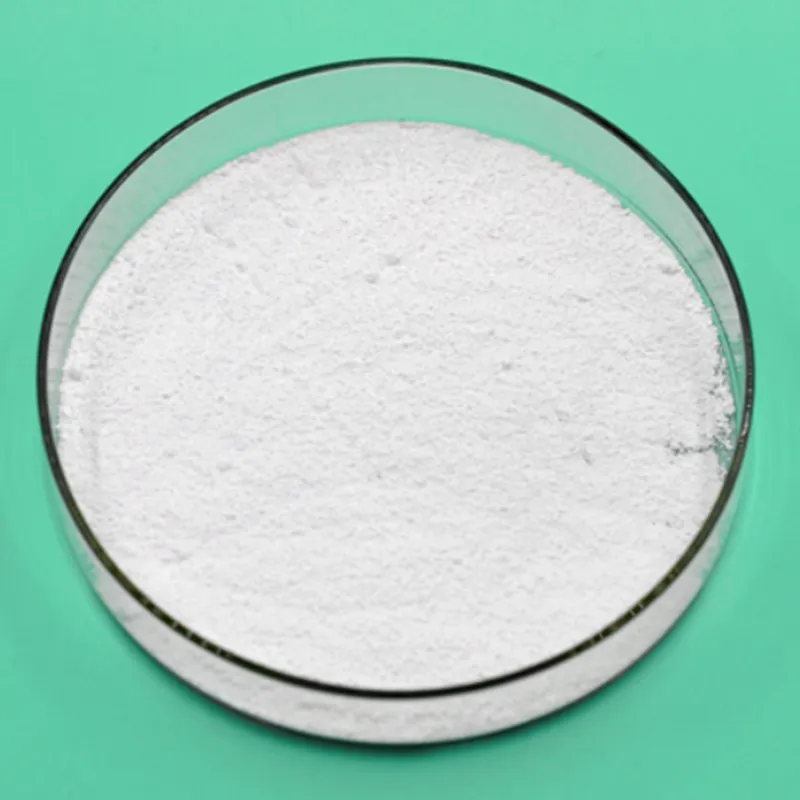
nitrite preservative
Understanding Nitrite Preservatives Benefits and Concerns
Nitrite preservatives are commonly used in the food industry, particularly in the processing and preservation of meats. They play an essential role in extending shelf life, enhancing flavor, and improving the appearance of products. However, the use of nitrites has raised significant health concerns, leading to ongoing debates over their safety and regulation. This article explores the benefits and concerns associated with nitrite preservatives.
The Role of Nitrites in Food Preservation
Nitrites, typically in the form of sodium nitrite (NaNO2), are a type of chemical compound used to inhibit bacterial growth, particularly the growth of Clostridium botulinum, the bacteria responsible for botulism. When introduced to meat products like bacon, ham, and sausages, nitrites not only prevent spoilage but also contribute to the characteristic pink color of cured meats, providing an appealing presentation for consumers. Moreover, nitrites enhance the flavor of meats, imparting a slightly tangy taste that many people associate with high-quality smoked or cured products.
One of the primary functions of nitrite preservatives is their ability to combat spoilage and foodborne illnesses
. The use of nitrites has been instrumental in safeguarding public health by reducing the incidence of bacterial contamination in food products. This aspect of food safety cannot be understated, as it has historically contributed to the overall quality and safety of the meat supply.Health Concerns Surrounding Nitrite Use
Despite their benefits, the use of nitrite preservatives has drawn scrutiny due to potential health risks. The primary concern revolves around the formation of nitrosamines, which can occur during the cooking process, particularly at high temperatures. Nitrosamines are compounds that have been linked to cancer in laboratory animals, leading to concerns about their relevance to human health.
nitrite preservative

Research has shown that when nitrites react with amines—compounds found in proteins—they can form nitrosamines, which may pose a cancer risk to humans. The World Health Organization (WHO) has categorized processed meats, including those preserved with nitrites, as a Group 1 carcinogen, meaning there is sufficient evidence linking their consumption to cancer, particularly colorectal cancer.
Additionally, there has been concern about the overconsumption of nitrite-preserved foods, which can lead to excessive intake of these compounds. Some consumers may not be aware of the sources of nitrites and their associated risks, particularly when processed meats are a staple in their diet.
Balancing Benefits and Risks
The debate surrounding nitrite preservatives in the food supply often centers around finding a balance between the benefits of food preservation and the potential health risks associated with their consumption. Governments and regulatory bodies worldwide have established limits on the amount of nitrite that can be used in food products, ensuring that they remain at levels deemed safe for consumption.
Consumers are encouraged to be informed about their dietary choices. Reading labels carefully and being aware of the types of preservatives used in processed foods can help individuals make more informed decisions regarding their diets. Additionally, incorporating a variety of protein sources, including fresh meats, fish, legumes, and plant-based alternatives, can contribute to a more balanced diet while minimizing potential risks linked to nitrite consumption.
In conclusion, nitrite preservatives play a critical role in food preservation, providing safety and enhancing the quality of meat products. However, the health concerns associated with their consumption warrant careful consideration. By understanding the benefits and potential risks, consumers can make informed choices to navigate the complexities of dietary habits in a way that promotes health and well-being. While nitrites remain a common preservative, ongoing research and consumer education will help shape future practices in the food industry, ensuring that safety measures continue to evolve alongside consumer health needs.
-
Sodium Dichloroisocyanurate Safety Handling ProtocolsNewsJul.29,2025
-
Mining Chemicals for Copper Extraction Processes GuideNewsJul.29,2025
-
Fertilizer for Sale Shipping and Storage TipsNewsJul.29,2025
-
Dimethyl Disulfide as Sulfurizing AgentNewsJul.29,2025
-
Benzotriazole Safety Data Handling and Storage GuidelinesNewsJul.29,2025
-
Ammonium Bicarbonate Safety Handling Storage GuidelinesNewsJul.29,2025
-
The Transformative Role Of Trichloroisocyanuric Acid in Water TreatmentNewsJul.23,2025
Hebei Tenger Chemical Technology Co., Ltd. focuses on the chemical industry and is committed to the export service of chemical raw materials.
-

view more DiethanolisopropanolamineIn the ever-growing field of chemical solutions, diethanolisopropanolamine (DEIPA) stands out as a versatile and important compound. Due to its unique chemical structure and properties, DEIPA is of interest to various industries including construction, personal care, and agriculture. -

view more TriisopropanolamineTriisopropanolamine (TIPA) alkanol amine substance, is a kind of alcohol amine compound with amino and alcohol hydroxyl, and because of its molecules contains both amino and hydroxyl. -

view more Tetramethyl Thiuram DisulfideTetramethyl thiuram disulfide, also known as TMTD, is a white to light-yellow powder with a distinct sulfur-like odor. It is soluble in organic solvents such as benzene, acetone, and ethyl acetate, making it highly versatile for use in different formulations. TMTD is known for its excellent vulcanization acceleration properties, which makes it a key ingredient in the production of rubber products. Additionally, it acts as an effective fungicide and bactericide, making it valuable in agricultural applications. Its high purity and stability ensure consistent performance, making it a preferred choice for manufacturers across various industries.











